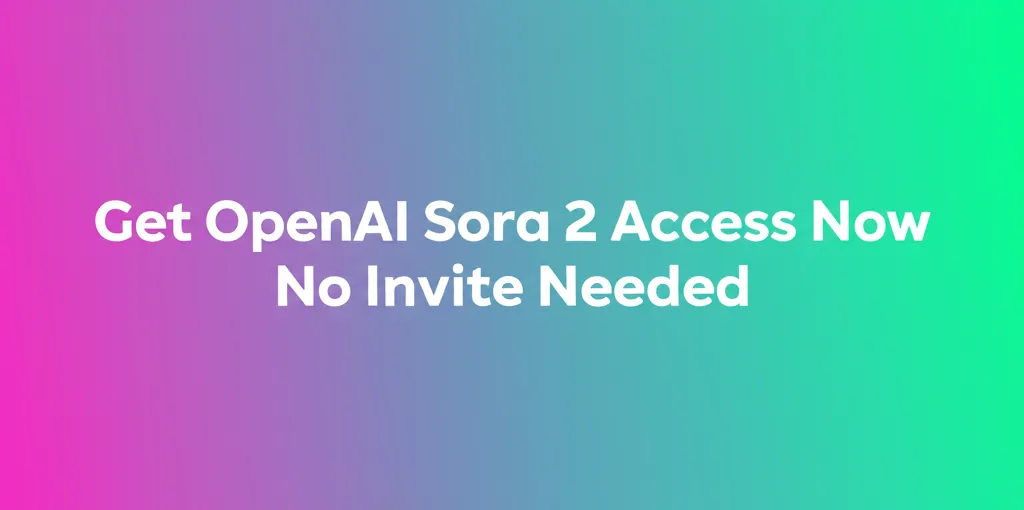Developer Offer
Try ImaginePro API with 50 Free Credits
Build and ship AI-powered visuals with Midjourney, Flux, and more — free credits refresh every month.
OpenAI Blocks ChatGPT From Giving Professional Medical Legal Advice
OpenAI's New Policy on Professional Advice
In a significant move toward responsible AI deployment, OpenAI has updated its policies to restrict ChatGPT from offering personalized medical and legal advice. This decision marks a clear effort to protect users from the potential dangers of receiving guidance on sensitive matters from an AI that is not a licensed professional. According to official reports, the company has explicitly banned the practice of using its models to provide advice that should come from a qualified doctor or lawyer. By establishing these boundaries, OpenAI aims to enhance user safety and align its services with legal and professional standards, ensuring its technology acts as a supportive tool rather than an unregulated expert.
This policy update is part of OpenAI’s broader strategy to balance rapid innovation with deep-seated ethical responsibility. As detailed on the company's usage policies page, the goal is to prevent the misuse of AI in areas where inaccurate information could lead to serious harm. This preemptive measure addresses growing concerns about AI-generated misinformation and reinforces the necessity of human expertise in high-stakes fields, fostering greater trust among users and stakeholders.
Why the Change? The Background Behind the Ban
The restriction on providing medical and legal advice stems directly from concerns over the public's increasing reliance on AI for answers in critical sectors. Without these clear rules, users might mistakenly treat AI-generated suggestions as equivalent to professional consultations, which carries inherent risks. As highlighted in an analysis by Glavnoe, the potential for a misdiagnosis or a legal misinterpretation is significant. OpenAI's policy is designed to prevent these scenarios and avoid potential liabilities by clearly defining the boundary between AI's informational capabilities and the advisory roles reserved for certified professionals.
What This Means for Users and Developers
For users, this policy provides clarity and a layer of protection. It establishes that while ChatGPT is a powerful informational tool, it cannot and should not replace the judgment of a licensed professional. This distinction helps prevent users from making critical health or legal decisions based on potentially flawed AI-generated guidance.
For developers using OpenAI's API, the ban introduces new compliance considerations. Applications designed to support medical or legal services must now ensure they operate within these guidelines, likely by integrating human oversight from licensed professionals. While this may add complexity, it also provides a clear framework for ethical innovation. This shift encourages the creation of safer and more reliable AI applications that enhance the work of professionals rather than attempting to replace them, fostering a more responsible integration of AI into medicine and law.
How is the Public Reacting?
Public reaction to OpenAI's new policy has been varied. On platforms like Hacker News, some users have expressed skepticism about how effectively OpenAI can enforce the ban, viewing it as more of a legal disclaimer than a robust technical filter. Concerns have been raised about third-party applications that might find ways around the restrictions.
Conversely, many support the decision as a necessary and responsible step toward ensuring AI systems operate within safe and ethical limits. Proponents argue that requiring professional oversight in health and law is crucial for protecting the public from the consequences of erroneous AI advice. This view aligns with OpenAI's stated commitment to making its technology a complementary tool, not a standalone advisor in sensitive areas.
The debate reflects a broader societal dialogue about AI's evolving role. While some argue for user autonomy in deciding how to use AI tools, others emphasize the need for strong guardrails to prevent misinformation and potential malpractice. This policy change is a key development in the ongoing landscape of AI governance, where companies must constantly adapt to new ethical and regulatory challenges.
Looking Ahead: The Future of AI in Professional Fields
OpenAI's ban has significant future implications, setting a major precedent for the AI industry. It represents a proactive measure to manage the risks of misinformation in critical fields and is likely to influence other AI developers to adopt similar policies. This could also spur policymakers to develop more nuanced legal frameworks governing AI accountability and professional oversight.
Economically, this may temper expectations of AI completely automating professional services, instead promoting hybrid models where AI assists human experts. This approach ensures that service quality and safety are maintained while still leveraging AI's efficiency. Socially, the policy helps safeguard public trust but also raises questions about access to information, especially in underserved areas. It highlights the need for user education on the capabilities and limitations of AI. Ultimately, this move helps shape a future where AI is integrated responsibly, particularly in fields where human lives and rights are at stake. For more details, you can explore the article here.
A Broader Trend in AI Regulation
This decision by OpenAI is not happening in a vacuum. It aligns with a growing trend in AI regulation that emphasizes safety, ethics, and clear professional boundaries. As detailed in this report, regulatory scrutiny is increasing across the tech industry to prevent the potential harm caused by unauthorized AI-driven advice. This trend challenges developers to innovate responsibly and ensure their products comply with established legal and professional standards, particularly in domains where human expertise remains indispensable.
A Responsible Step Forward
In conclusion, OpenAI's prohibition on ChatGPT dispensing medical and legal advice is a landmark decision reflecting a commitment to user safety and ethical responsibility. It highlights the delicate balance between advancing AI capabilities and protecting public welfare. By setting this precedent, OpenAI is not only mitigating potential legal liabilities but is also encouraging a more thoughtful and cautious integration of AI into society.
This move reinforces the idea that AI should complement, not replace, human expertise in high-stakes professions. It fosters an essential, ongoing dialogue about the proper role of artificial intelligence and ensures that as the technology evolves, it does so in a way that builds user trust and aligns with societal values. OpenAI's updated policy serves as a critical benchmark for the responsible development and deployment of AI in professional environments.
Compare Plans & Pricing
Find the plan that matches your workload and unlock full access to ImaginePro.
| Plan | Price | Highlights |
|---|---|---|
| Standard | $8 / month |
|
| Premium | $20 / month |
|
Need custom terms? Talk to us to tailor credits, rate limits, or deployment options.
View All Pricing Details

